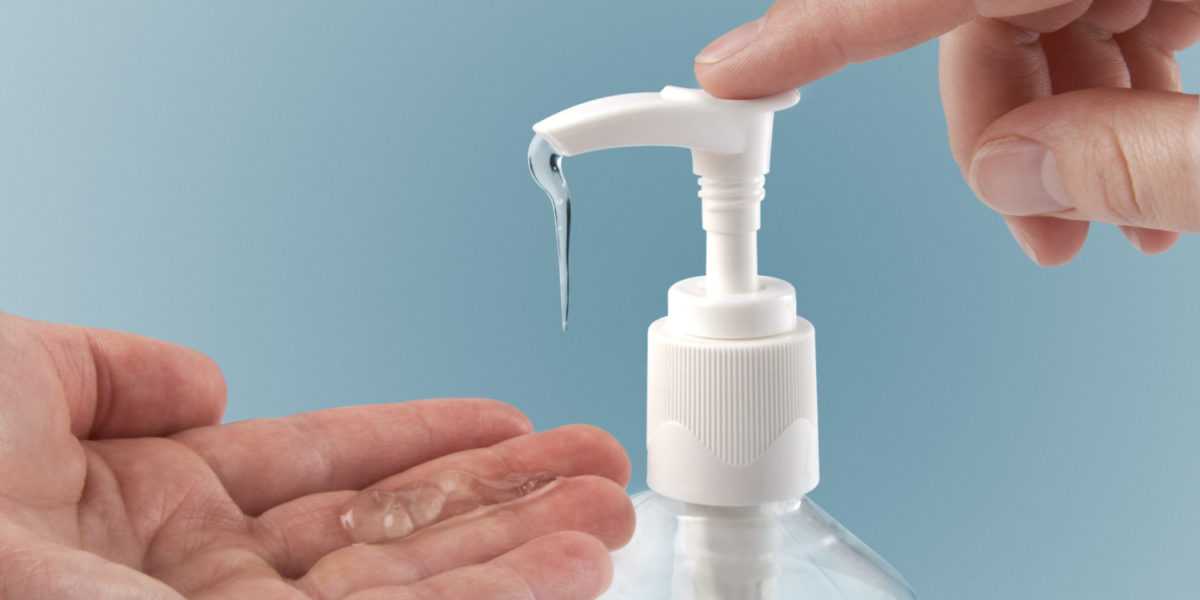Antiseptics play a crucial but often underappreciated role in maintaining public health and hygiene. From preventing infections to sterilizing surfaces, antiseptics work behind the scenes to protect us from harmful microbes. In this article, we will explore the history of antiseptic discovery, how different antiseptics work, areas where they are commonly used, and their overall importance.
Discovery of Antiseptic Properties
The discovery of antiseptic properties can be traced back to the mid-19th century when Joseph Lister, a British surgeon, pioneered the use of antiseptics in surgery. Prior to Lister’s work, surgical operations often led to deadly infections and high mortality rates. In 1865, Lister began routinely spraying carbolic acid (phenol) on wounds and surgical instruments to sterilize them. This simple procedure drastically reduced mortality from surgical wounds and marked the beginning of antiseptic surgery. soon other antiseptic agents like mercury, iodine and chlorine compounds were developed and used extensively in hospitals. Later research led to the discovery of stronger and more effective synthetic antiseptics.
Modes of Action for Common Antiseptics
Antiseptics have various modes of action that enable them to inhibit or kill microbes. One of the major ways antiseptics work includes damaging the cell membrane and cytoplasm of microorganisms. Povidone-iodine disrupts the cytoplasmic layer while chlorhexidine gluconate works by damaging the cell membrane. Some antiseptics like alcohols denature proteins and dissolve the lipid layer of microbes. Phenol and triclosan work by inhibiting the formation of the cell membrane and disrupting the osmotic balance. Heavy metal antiseptics like mercury have a non-selective mechanism and likely damage DNA & RNA or disrupt enzyme activity. Overall, antiseptics have complementary modes of action that make it difficult for microbes to develop resistance.
Areas of Antiseptic Usage
Some key areas where antiseptics are commonly used include:
– Hospitals: For disinfecting surfaces, medical instruments, hands of healthcare workers before procedures to curb hospital-acquired infections.
– Households: For general disinfecting of surfaces, laundry, first aid and cleaning minor cuts. Antiseptics are a key part of maintaining hygiene in kitchens & bathrooms.
– Personal Hygiene: From antiseptic soap and handwashes to mouthwashes and acne treatments – antiseptics play a critical role in personal care.
– Wound Care: Antiseptic solutions, ointments and dressings are used for cleaning, preventing infection of wounds and promoting healing.
– Dentistry: Antiseptic mouthwashes are used daily as part of oral care while antiseptic creams are used during dental procedures.
– Veterinary Medicine: Much like in human medicine, antiseptics are important for ensuring the hygiene and safety of animals undergoing clinical procedures or surgical operations.
Role of Antiseptics in Public Health
By preventing microbial contamination and spread of infections, antiseptics help curb illnesses on a population scale. Some of the ways antiseptics positively impact public health include:
– Reduced hospitalization due to infections: With effective sterilization and hygiene protocols, fewer people develop nosocomial or healthcare-associated infections that may require extended hospitalization.
– Control of community outbreaks: Good hand hygiene using antiseptic wash/sanitizers can break the chain of microbial transmission during disease outbreaks and stop community spread.
– Improved post-op recovery: When used appropriately during surgeries, wounds heal faster without complications from antiseptic-prevented infections.
– Containment of antimicrobial resistance: Some antiseptics have modes of action that make it difficult for microbes to develop resistance compared to antibiotics. This helps contain the problem of multidrug resistance.
– Cost savings for public health: By reducing the societal burden of infectious diseases, the overall costs of managing infectious disease outbreaks and providing healthcare also decrease.
In summary, antiseptics play an invaluable yet often unnoticed role through their ability to prevent microbial growth. Effective use of antiseptics in clinical, household and personal settings ensures hygiene and quality of life on both individual and community levels. While new generations may take them for granted, antiseptics truly revolutionized the fields of medicine and public health since their discovery. Their continued development remains important for protecting population health.

